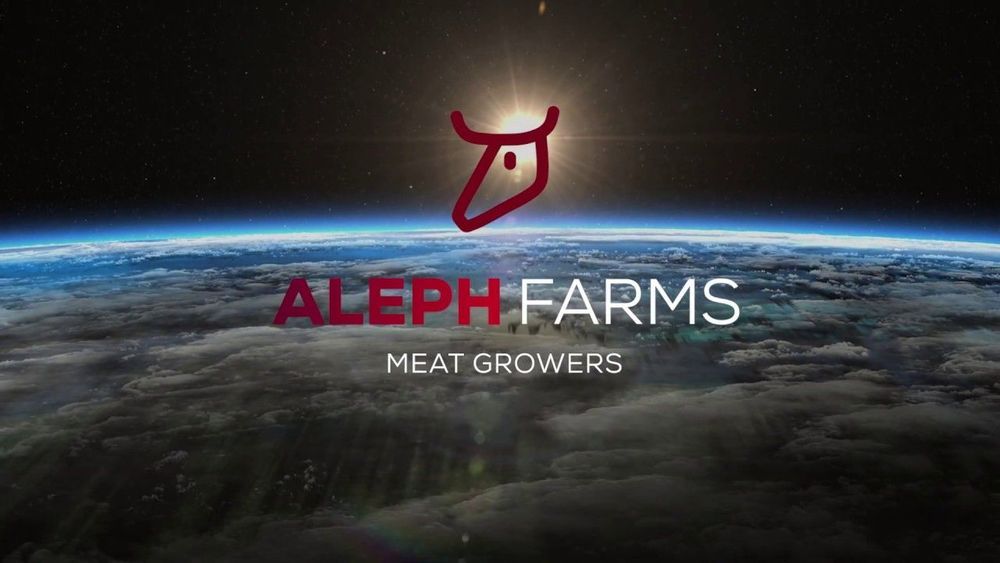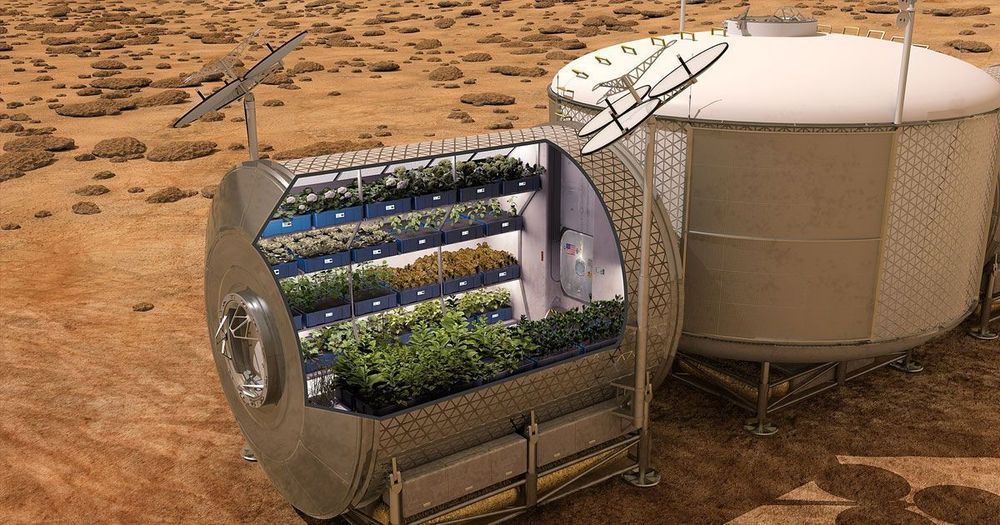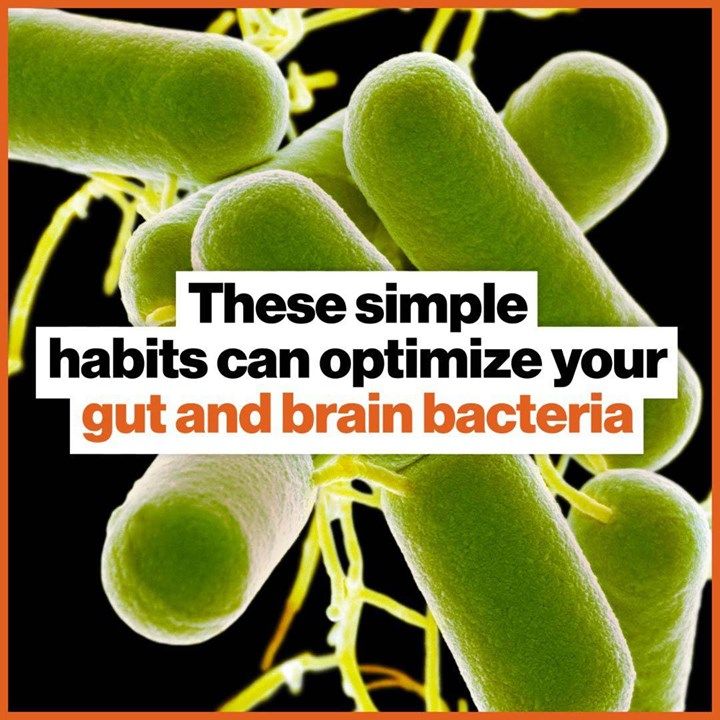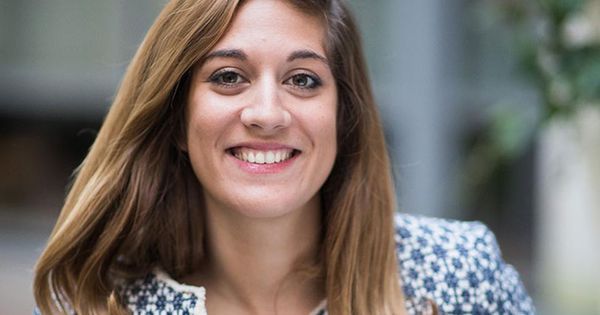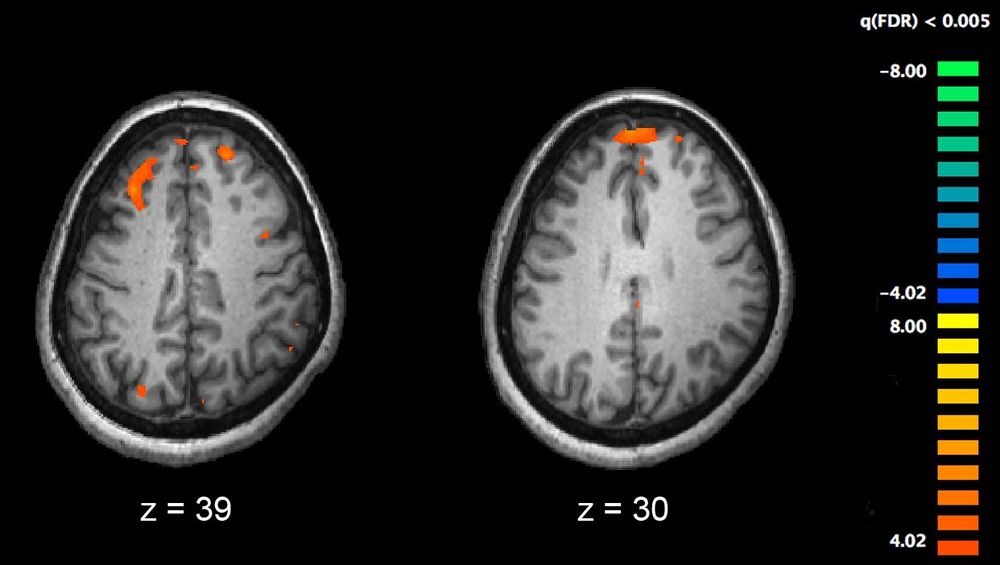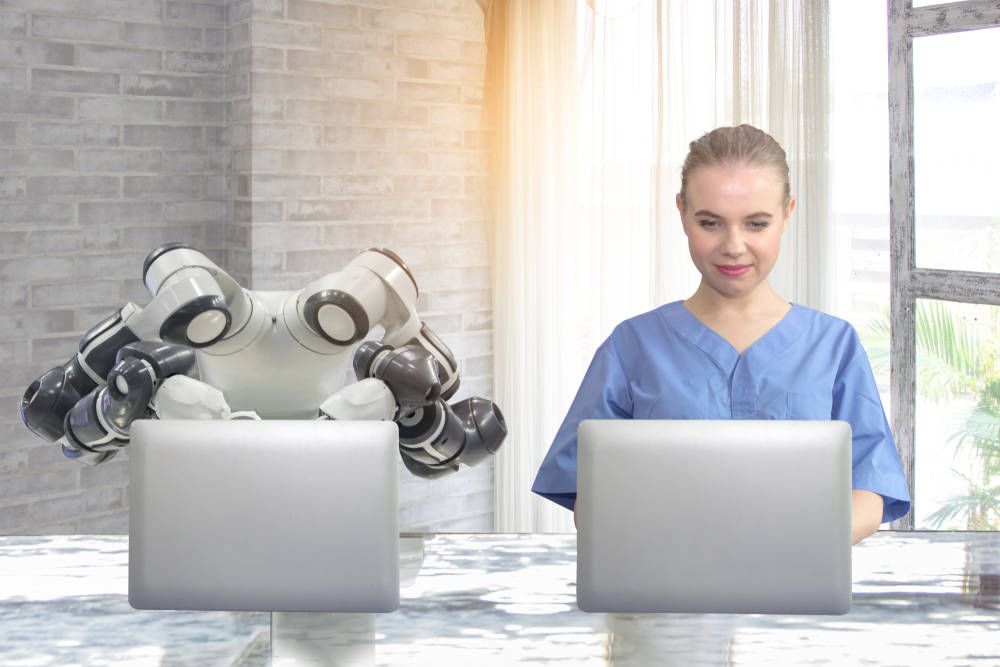Archive for the ‘food’ category: Page 218
Oct 8, 2019
Here’s How We Could Feed a Million People on Mars
Posted by Quinn Sena in categories: food, space, sustainability
If we want to colonize Mars, we’re going to need to figure out a way to feed ourselves there, and continuously sending food to the Red Planet isn’t a sustainable plan.
But now, a team of researchers thinks it’s figured out a way to produce enough food on Mars to feed a million people — and they say their plan to make Martian colonists self-sufficient would take just a hundred years to implement.
Oct 7, 2019
Want to live a healthier, longer life? Try taking more prebiotics — also, don’t eat sometimes
Posted by Paul Battista in categories: food, life extension
Oct 6, 2019
Gut Reaction Pt. 2 | Gut Health, Bacteria and Food
Posted by Paul Battista in categories: food, health

Could our food be making us sick – very sick?
In the second episode of this two-part special, Dr Graham Phillips reveals new research about the interplay between food and the bacteria deep within our guts.
Oct 6, 2019
29-Year-Old French Entrepreneur Creates Light Without Electricity
Posted by Genevieve Klien in categories: biological, food
Download the podcast via Apple Podcasts, Google Play or Spotify.
Sandra Rey, 29, was participating in a student design competition with the theme “biology” and got to watching videos on YouTube of bioluminescent sea creatures when she thought there must be a way to replicate that natural technology. Five years later, her startup, called Glowee, is creating brilliant luminescent art installations for hotels and public spaces.
While she admits, “We’ll never replace the lights in your kitchen,” she hopes to create enough light and enough beauty to play a role in the world’s lighting mix to help reduce reliance on electric lighting.
Oct 5, 2019
Promising steps towards hope for a treatment for schizophrenia
Posted by Genevieve Klien in categories: biotech/medical, chemistry, food, health, neuroscience
Schizophrenia is a severe mental health condition that causes significant disability, and affects 1 in 100 people. Patients with schizophrenia commonly experience negative symptoms, which include lack of motivation, social isolation and inability to experience pleasurable feeling. The current antipsychotics minimally improve these negative symptoms, and there are no currently licensed treatments. In addition, it is estimated that total service costs for schizophrenia in England alone will be £6.5 billion by 2026. In view of this, there is considerable interest in identifying potential treatment targets for these symptoms. However, the nature of the changes in brain chemistry that contribute to these negative symptoms is unknown.
Mu-opioid receptors (MOR) are found in a region of the brain called the striatum and they play a crucial role in how we experience pleasure and reward. Our bodies naturally produce opioid molecules that include endorphins; which are hormones secreted by the brain that are known to help relieve pain or stress and boost happiness. MORs are receptors that bind these naturally produced endogenous opioid molecules, and stimulation of the MOR system starts a signalling cascade that causes an increase in motivation to seek reward and increase food palatability amongst many other effects. Interestingly, MORs were found to be reduced in the striatum post-mortem in schizophrenia. So, it was unclear whether the availability of these receptors was increased when individuals were alive, or whether reduced MORs was related to the negative symptoms of schizophrenia.
The latest brain scan research from the Psychiatric Imaging group at the MRC LMS published on 3 October in Nature Communications has reported how the MOR system contributes to the negative symptoms displayed in schizophrenia patients. For the first time, this research study showed how MOR levels are significantly reduced in the striatum region of the brain. Thus, a lack of MOR system stimulation in the brain contributes to these negative feelings that schizophrenia patients can experience.
Oct 4, 2019
New Jersey baby born with ‘brain outside of skull’ believed to be first to survive condition
Posted by Paul Battista in categories: food, neuroscience
“I don’t want to interrupt Lucas’ neurodevelopment — he’s on the same path that a child his age would normally be,” Vogel said, adding that he’s started eating baby cereal and baby food. “We intervene with the best intentions and then possibly delay someone’s recovery — I don’t want to stunt his growth or neurodevelopment.”
In the future, Vogel said they will work with his family on cosmetic goals as well but that he has normal facial features, meaning the area the will need to address is the top of his skull. He added that the more bone he develops the more of his own tissue they can use, which will “lead to a better outcome.”
Vogel said the waiting has also paid off, as at a recent visit with Lucas he was lifting his head and trying to crawl, which is something a babies typically master between six and 10 months of age.
Oct 3, 2019
As Silicon Valley faces a tech reckoning, biologists point to the next big opportunity
Posted by Klaus Baldauf in categories: biological, food, genetics
At SynBioBeta, entrepreneurs making plant-based foods and genetically engineered bacteria rallied to promote the idea that it’s biology’s century.
